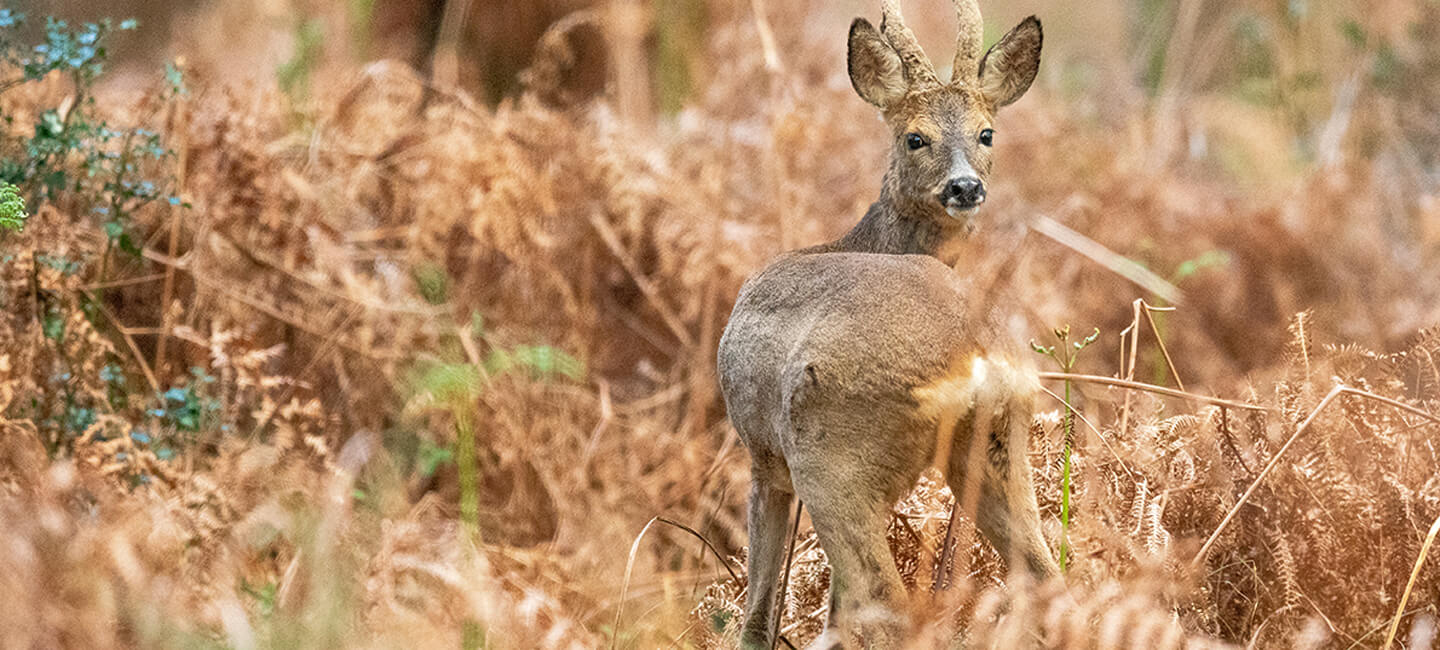

Alerting on inaction for biodiversity and animals: the French State under scrutiny
On Monday 7 July 2025, the new report assessing the implementation of European Union environmental laws and policies at a global and national level was released. Known as the EIR (Environmental Implementation Review), this review is an important tool for determining whether the French State is a good pupil… It follows, among others, from the meeting on 2 July, during which we were received by the European Commission’s Directorate-General for the Environment. A rich exchange took place, lasting more than three and a half hours, on the challenges facing animals, nature and biodiversity, but above all on the alarming observation of what remains to be done at the political and legislative level.
A mixed picture for biodiversity, climate and animals
The newly published EIR shows once again the amount of work that needs to be done for nature. Looking at the highly representative graphs, France’s results appear no better than in 2022, showing some progress, alas undermined by some incomprehensible choices. Despite the national strategy for biodiversity up till 2030, the protection of nature remains a cause for particular concern.
- When will we achieve zero pollution?
The Government must make efforts to reduce air pollution. It should also guarantee citizens access to clear and transparent information on the risks and the behaviours to adopt in the event of an accident involving industrial pollution, as well as its intensity.
The Seveso III Directive and the Water Directive aim to reduce the damage caused by a discharge of nutrients, chemicals and metals into rivers. On this point, and following the closure of all mink farms for fur, One Voice condemns plans to open and expand fish farms, as well as those concerning animal experimentation, which pollute rivers and seas…
- Biodiversity and natural capital under threat
Three years ago, France was ordered to complete its Natura 2000 network in response to shortcomings identified regarding migratory birds and coastal marine areas. These protected sites accounted for 13% of the country’s territory in 2023, but much work remains to be done, particularly in the marine environment. Essential to the implementation of the Birds and Habitats Directives, priority actions focus on effective measures to restore habitats and species that are in a poor state of conservation. One Voice has contributed significantly to these issues through its campaigns (investigations, legal proceedings, field actions, advocacy, etc.) to defend these animals.
Agri-environmental practices are preferred in order to ensure compliance with European legislation. Today, only 9.87% of the land is used for organic farming… As a result, France is not contributing sufficiently to the target of 25% of EU agricultural land being covered by these crops by 2030. And this goal is unlikely to be achieved with the reintroduction of neonicotinoids which kill pollinators and, with them, biodiversity as a whole…
Worse still, forest fires are a major concern. While France has been planning since 2021 to plant a billion trees and renew 10% of its forest area by 2032, more than 780,600 hectares of forest went up in smoke in 2022 alone. Preserving these areas is essential to protecting wildlife and ecosystems, and it is becoming urgent to comply with European regulations on ‘zero deforestation’ products.
- Climate action: putting a stop to heatwaves?
The French government is dragging its feet when it comes to preserving animals and biodiversity. Between 1990 and 2022, France’s net greenhouse gas (GHG) emissions fell by 28%, making it one of the countries with the lowest reduction rates. Massive urbanisation for example, which accounts for 21% of emissions, needs to be reduced by 22%. More than ever, the failure to meet the 2030 targets is contributing to periods of heatwave. For many years, scientists have been warning the authorities about the risks of temperatures rising too quickly. Animals suffer the consequences even more than we do.
When the cost of inaction exceeds that of environmental action
Why is it that the preferred strategy is to turn a blind eye to the consequences of this inertia? The deficiencies observed can give rise to significant infringements that are detrimental to finances. The Directorate-General for the Environment estimates the cost of non-compliance with European Union law at €180 billion (1% of European GDP), while the cost of action is much lower: €120 billion. Real savings could be made right now, not in the distant future, and moreover for a nature that is so precious and essential to everyone. To this end, the European Commission highlights the possibility for Member States to use “nature credits” to reward positive actions in favour of nature through investments, particularly private investments.
Together with One Voice, challenge public decision-makers on their inaction, and urge them to take responsibility for implementing effective environmental policies. For animals, biodiversity, ecosystems and our health, the fight resonates even louder!